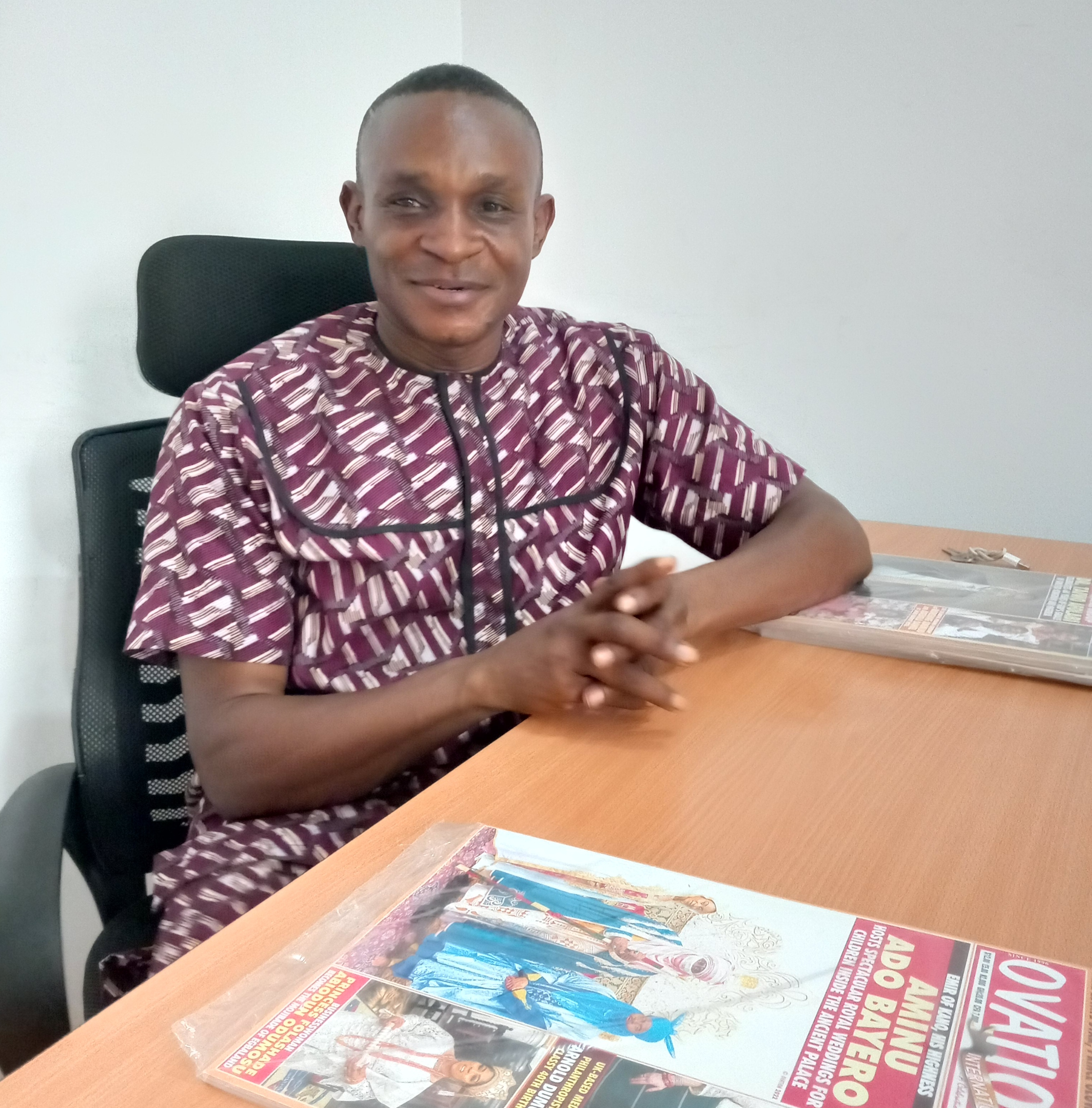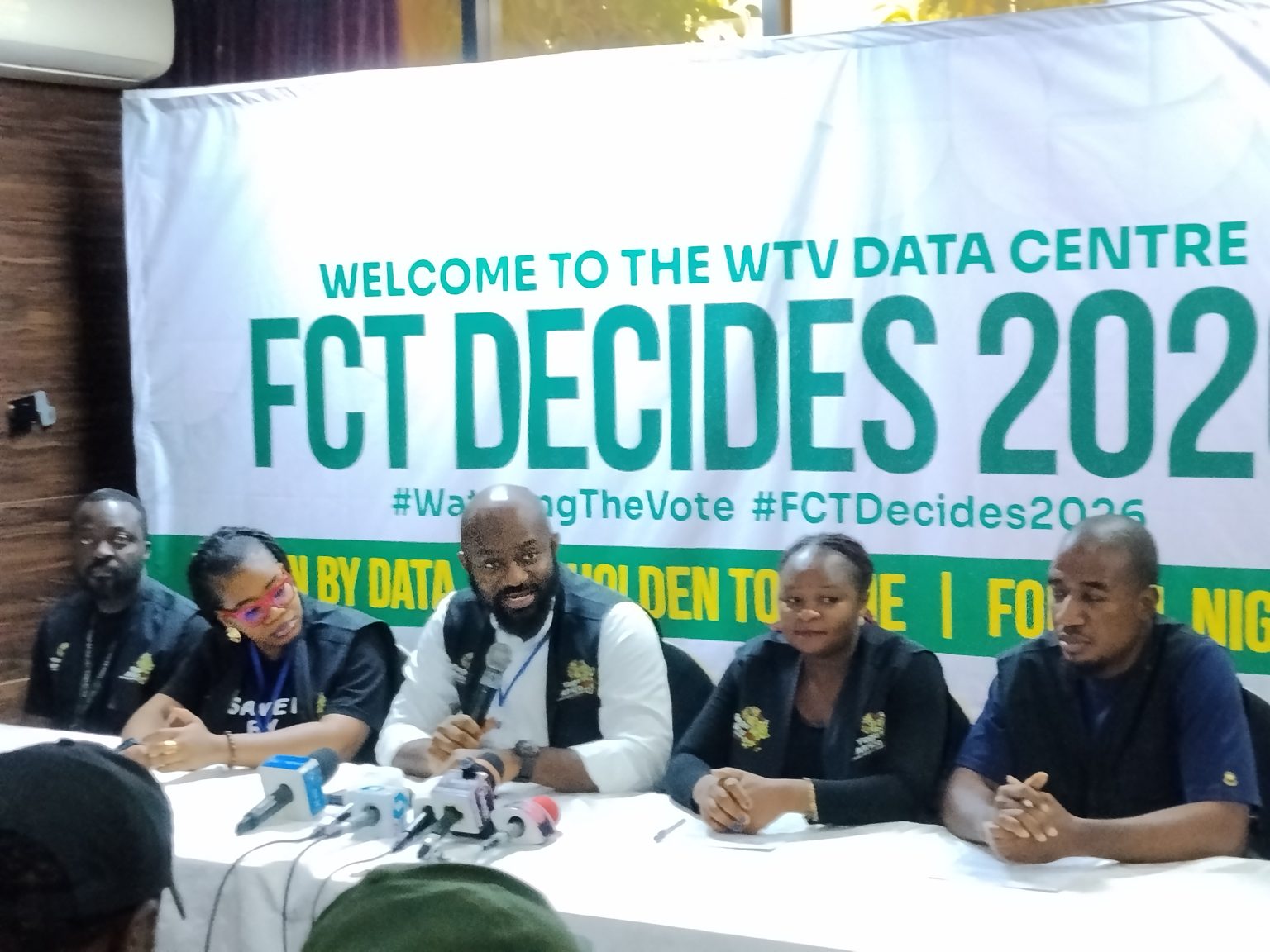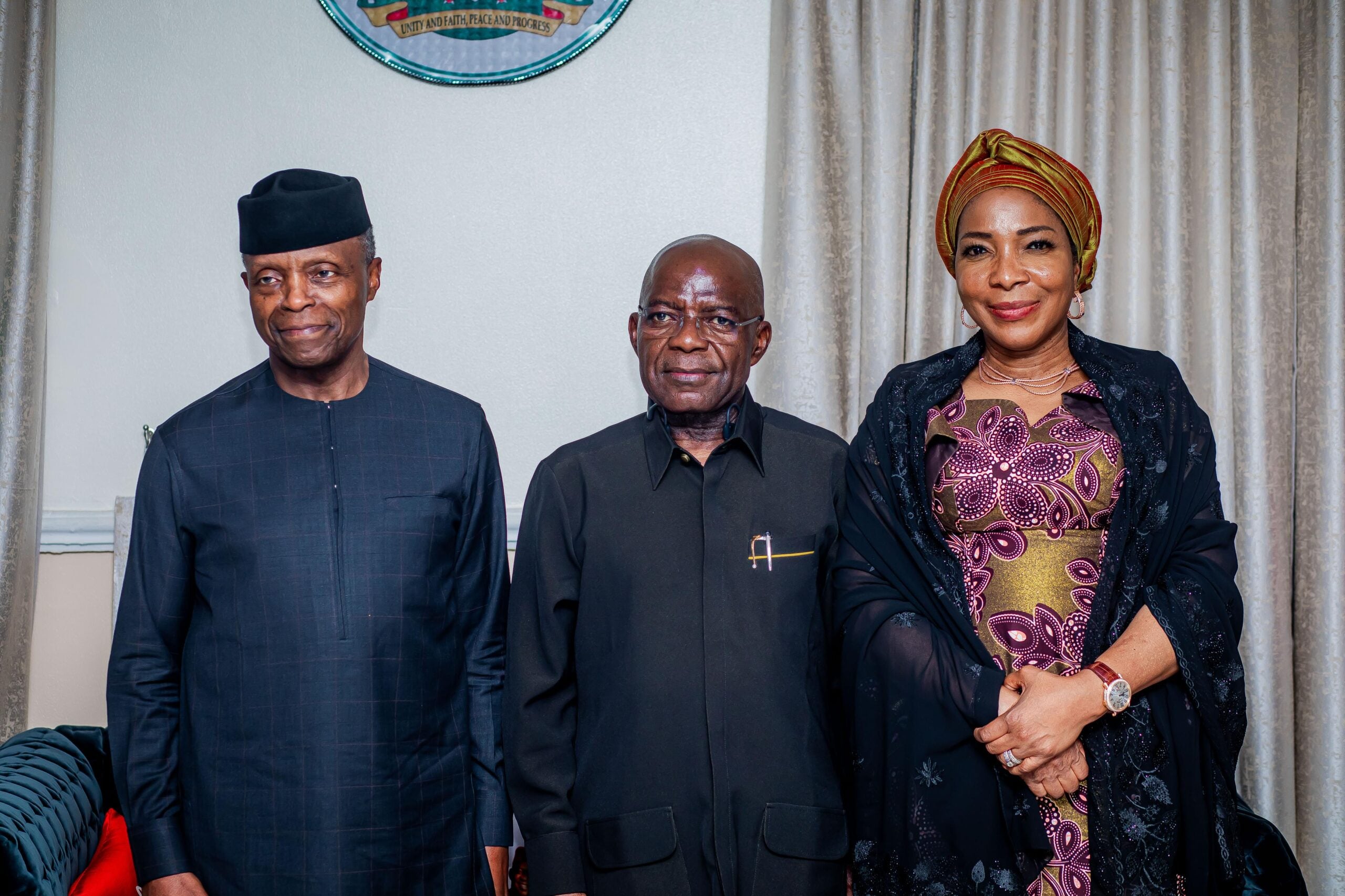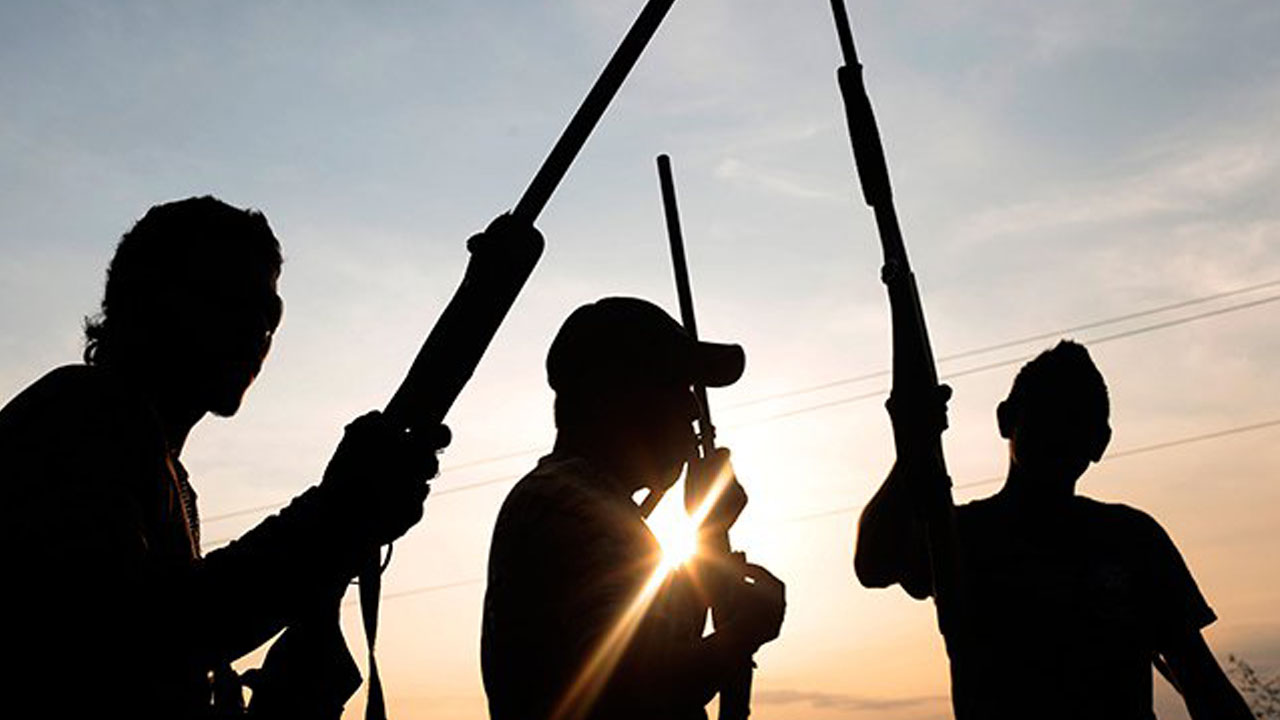Featured
My Memoir: How I Survived Nigeria/South Africa Match by Eric Elezuo
Published
2 years agoon
By
Eric
If the term ‘final before final’ ever had any real meaning; this was it; the semifinal clash between the Nigeria Super Eagles and the Bafana Bafana of South Africa. It was a game that lived to its billing in terms of rivalry, tension, emotion, fate, and sadly enough, not forgetting tragedy.
There’s hardly any Nigerian, and to an extent, South African (if feelers before and after the game is anything to go by), who did not die many times before their deaths (apologies to William Shakespeare) as the game progressed and lasted. The death here has nothing to do with cowardice as in the case of Shakespeare, but of barefaced patriotism, seething pride and desire to dominate. The tension was palpable, shaking every nerve, irrespective of whether one is healthy or not.
The game went beyond the quest to qualify for the African Cup of Nations final match. Yes, while the players played to emerged winners and finalists, Nigerians cheered to retain pride and remain atop the rivalry echelon between both countries in every aspect of existence. Remember that the South African singer, Tyla, had unexpectedly beaten the combined strength of Burna Boy, Davido, Arya Star, Olamide, to cart away the Grammy just few days back. This is even as the Nigerians had led in music, entertainment and many more.
The match was therefore beyond the quest to play in the finals; it was a war front for superiority challenge where the winner takes all. Nigeria wanted to maintain their hundred percent invincibility against the South Africans in football while the South Africans seek to dismantle the monopoly.
It is worthy of note that the last time South Africa won the AFCON was in 1996 when they hosted. Nigeria was absent. In fact, Nigeria boycotted the tournament because of the rofo rofo fight between then President Nelson Mandela and General Sani Abacha (that’s a story for another day).
The stage was therefore set for the extraordinary.
Like many Nigerians, I had prepared for the 2023 AFCON with less enthusiasm following some lackluster performances the Super Eagles had exhibited in recent past, especially after the game against Equatorial Guinea, where they struggled to force their tiny neighbours to a one all draw. I knew there was nothing in store for us with ‘these crop of players’. So watching their matches was by chance, that is if NEPA, PHCN, DISCO or whatever name they are known by various individuals gives ‘light’. I had sworn that I was not going to waste the little money I have to buy fuel to watch a game that will end up disappointing me.
But all that changed as the tournament progressed with the Eagles against all odds making it to the semi-finals, and to meet South Africa, of all the nations that participated in the competition.
I decided to buy fuel. I decided to watch the match, and give it full attention. I’m sure not a few Nigerians made the same decision.
The D-day was Wednesday, February 7, 2024, and 6pm was the time. I made it home on time. I wanted to see the beginning and end of it all.
I have already comforted myself with the fact that I made a decision many years ago never to allow football outcomes affect my health. I didn’t die in 1994 after Nigeria lost to Italy in the Second Round of the World Cup in the United States, was just divine. I was distraught and my whole being was revolving 360 degrees every 10seconds. Since then, I’ve told myself that never again will I watch any game no matter the team playing, with my heart or even head. I resolved to watch with my photocopy while leaving my original well laid at the bottom of my box like a Christmas cloth. That I have managed to do for a while, even surviving Arsenal’s e remain small agenda for years.
But how wrong I was! This was different!
Football is a spirit, and when it possesses you, there’s no going back. Surely, it heals, it also destroys, depending on the side of divide one is. On this day, it possessed everybody, yours sincerely inclusive.
Finally, it was 6pm Nigerian time, and like all international games, kick off was right on time. I watched with the free mind I, a few minutes ago, cautioned my friends through whatsapp status post to do. Was it easy? The tension from that point. The South Africans were businesslike, taking the game to us, and putting our goalkeeper, Stanley Nwabali to great test. Thank goodness, he lived up to expectation. Both teams were out for victory, praying to the same God, but in my own estimation, I knew that God was going to sit this one out. It was a battle of brothers; let them sort it out through their individual strengths, abilities and wisdom. God did sat out.
Then the goal via penalty through Captain William Troost-Ekong came, after Nigeria’s playmaker, Victor Osimhen, was fouled in the 18 yard box. It was hope rising, and at the same time the beginning of the artificial heart palpitation that later proved disastrous for some.
When the second half started, it was obvious that not many can match the tempo any longer. I was one of them, unfortunately.
How could it be? I asked, knowing that I made a pact long never to allow this kinda matter bother me. But the more I stayed glued to the television, the more I can feel my heart panting, especially when the South Africans get closer to our goal area, which was more frequent than rare. I tried to prove the strong man. In our palance, we say try to prove jagaban. E no work!
I re-invented the philosophy of ‘Que Sera Sera’ that had helped me in times of this sort of situation, but it failed to work. My heart was not at ease. It was there and then, I decided. I no watch again!
But what would I be doing? I decided to go and fetch water. But there was water in the house. I emptied some into the toilet, and went downstairs to fetch from the well. Nobody sent me. I was coming in from my second trip when my little daughter said, ‘daddy, they scored’. My heart missed a skip. I said, who? She answered, ‘Osimhen’. I said, thank God.
As I entered the sitting room, my older son narrated how Osimhen scored the ‘clean goal’. It was 2-0. I concluded that no matter what the South Africans want to play from that 85th minute till when the game ends, they can’t score two goals. Meanwhile, my television had disconnected. We joked about it that the owners of DStv and GOtv have suddenly become angry with our two goals, and disconnected us from watching. I checked from my phone, and Google recorded 2-0. I concluded that all was well while we strive to restore viewing. Then I checked my phone again for update. That was when I thought I was watching a scene from Harry Porter. It read 1-1. I refreshed, thinking I entered the wrong site, but 1-1 continued to stare at me like a Lonely Londoner. Then my reconnection restored, and so was the shock of my life. The goal has been disallowed, and a penalty awarded to South Africa for an infringement that happened at the other end, which led to the goal.
Damn!!!
We were already under pressure, and with another 10 minutes of added time and 30 minutes of extra time, I reasoned it will be strictly difficult for us to win the match. But patriotism will not allow me abandon the match. Everybody was shouting in my house. My daughter will scream and fall to the ground when Nigeria try to score and miss, as well as when South Africa make dangerous incursions. It was pure bedlam.
After the 90 minutes finally ended, I told myself, this is it…no more watching. I saw what the South African goalkeeper did to Cape Verde during their penalty shootout. Williams, as he is called, was much better by prematch rating.
We agreed to watch Netflix, and follow scores on the net or screams from the neighbours. Of course, persuaded my family. If they scream in excitement, I will know Nigeria has scored, but if they scream in agony, of course, Nigeria has been scored. I again reasoned that Netflix will be serious, and our minds may still be very much in the game. We changed to YouTube to watch Broda Shaggy and Brainjotter. At least, we will be laughing, no matter what the case is.
My brother, na so we no even no when the 30 minutes extra time ended and penalty kicks ensued.
By the time I switched back to the match, Kelechi Iheanacho was standing behind the ball, and I could hear the commentator saying ‘will Iheanacho win it for Nigeria?’
Waooo…the match was almost over. The scoresheet read 3-1 to Nigeria’s advantage with both teams having only one kick left.
Kelechi scored, and my heart returned from its journey to wonderland. The shout of victory was deafening, echoing both from the stadium and the immediate surroundings. I looked from my balcony, and could see a crowd of supporters surging forward and backward in ecstacy. The last time we witnessed such celebration was in 1996 when Nigeria came from 3-1 down to defeat Brazil 4-3 in the Olympics. Kanu Nwankwo had sent the entire country into a frenzy with his superlative extra time goal. It was the era of golden goal rule. Nigeria went on to win the gold medal, beating Argentina 3-2 in the final.
It was however, early the next day that news began filtering in about our countrymen, who gave up the ghost in the heat of the tension. As at the last count, five brave supporters paid the ultimate price. May their souls rest in peace.
They said that whatever doesn’t kill us, makes us strong. There’s still one more adventure, one more world to conquer according to Ulysses.
I will watch again on Sunday, as the final unfolds, this time against the host country, Cote d’Ivoire. The tension this time, I’m sure, will be turbocharged. No doubt. But I have learnt to survive just like many others, so that I can join the victory party afterwards.
Related
You may like
-


Enhancing Food Security: Governor Umo Eno’s Worthy Interventions
-


Rotary Africa, Taiwan Sign Historic Inter-Country Committee Protocol Agreement
-


Abiodun Oshinibosi Introduces Girl-Child Matrix Project
-


Efik Group Cautions Deposed Obong To Respect Supreme Court, Stop Parading As King
-


Opinion: 2023:Politics Without Ideas- Reuben Abati
-


Opinion: Exit Of Justice Ibrahim Tanko Muhammad, CJN- Reuben Abati
Featured
Vote Buying, Low Turnout Mar FCT Polls – Yiaga Africa
Published
11 hours agoon
February 21, 2026By
Eric
A civil society organization, Yiaga Africa, has released its preliminary report on the 2026 Federal Capital Area Council Elections held on Saturday.
The civic group reported that vote buying was witnessed at various polling units in the election.
The Independent National Electoral Commission (INEC) conducted elections for the position of chairman in the six area councils of the FCT, as well as for 62 councillorship seats.
Yiaga Africa said it deployed trained and duly accredited roving observers to systematically monitor the conduct of the elections.
It said that its observers were deployed by 7:30am and covered polling units across the sixty-two wards of the FCT, with their mandate including observing key aspects of the voting process, including opening procedures, accreditation, voting, and counting.
Yiaga Africa said it observed that the election was conducted in a largely peaceful atmosphere, adding that voters who presented themselves at polling units were afforded the opportunity to exercise their franchise without widespread disruption but added that notwithstanding this enabling environment, voter turnout was generally low, with most polling units recording poor turnout.
It said that logistical challenges adversely affected the timely commencement of polling, particularly in the Abuja Municipal Area Council, AMAC, where delays in the deployment of personnel and materials contributed to late opening in several locations.
It added that the relocation of certain polling units coupled with inadequate and untimely communication of these changes to voters generated confusion and may have resulted in voter disenfranchisement saying that such administrative lapses have significant implications for electoral access and public
On its preliminary findings, the election watch agency said: “Yiaga Africa observers reported a delayed commencement of polling in several polling units, primarily attributable to logistical inefficiencies and, in some instances, election security–related challenges.
“As of 9:00 a.m., set-up activities were still ongoing in the majority of polling units observed, indicating that essential preparatory procedures had not been completed within the timeframe prescribed by electoral guidelines.
“In the Abuja Municipal Area Council (AMAC), particularly in Wuse and Gwarinpa wards, several polling units opened significantly behind schedule. Observers noted that polling officials were still arranging materials and organizing the voting environment as at 9:00 a.m., with accreditation and voting commencing only after 10:00 a.m. On average, across the sampled polling units observed, accreditation and voting began at approximately 10:00 a.m.
“Consistent with the Commission’s guidelines, critical election materials including the Bimodal Voter Accreditation System (BVAS) devices and the voter register—were deployed in the polling units observed.
“However, in Polling Unit 004, Wuse Ward, Zone 2 Primary School, the voter register was not initially available and was only produced after observers raised concerns and voters objected. In addition, essential voting materials were absent in certain locations. Voting cubicles were not observed in PU002 (Ward 09), PU006 (Ward 01), and PU012 (Ward 10) in Abaji Area Council. Furthermore, an ink pad required for the voting process was reportedly missing in one polling unit observed.
“Observers reported instances in which voters were reassigned to newly created polling units without prior or adequate notification. While Yiaga Africa acknowledges INEC’s efforts to notify affected voters via SMS, many of these messages were delivered on Election Day, with some received hours after polling had already commenced. The lack of timely and effective communication generated confusion at several polling locations, as numerous voters spent over an hour attempting to ascertain their designated polling units.
“In multiple instances, this administrative shortcoming contributed to congestion and
overcrowding, thereby undermining orderly queue management and potentially
discouraging voter participation.
“The observation further revealed significant disparities in voter distribution within the same polling locations. Such pronounced imbalances raise serious concerns regarding the coherence, and reliability of the Commission’s polling unit expansion and voter redistribution framework.
“Closing of Polling Unit before the official 2:30pm: Observers reported some polling
units closing the polling process before the official 2:30pm close time. While some
polling units experienced poor voter participation, the guideline requires the polling unit to remain open until 2:30pm or the last person on the queue votes.
“Security Deployment and Observer Access: Yiaga Africa observed heavy security deployment in certain locations, which, in some instances, impeded the movement of accredited election observers and restricted access to polling units. Observers further noted that the heightened security presence created barriers for citizens attempting to
access polling units to exercise their right to vote.
“Vote buying: The persistent menace of vote buying once again manifested during the election. Yiaga Africa observers documented incidents of vote buying at polling units, underscoring the continued vulnerability of the electoral process to monetary inducement.
“Despite prior assurances and directives issued by INEC to security agencies to identify and apprehend both vote buyers and sellers, these illicit practices reportedly continued in several locations.”
DailyPost
Related
Featured
I’m Proud of You, Osinbajo Tells Abia Gov Alex Otti
Published
3 days agoon
February 19, 2026By
Eric
Former Vice President Yemi Osinbajo has applauded Governor Alex Otti of Abia State for what he described as purposeful, people-centered leadership that is repositioning Abia State for sustainable growth and prosperity.
Speaking during his visit to the governor in his office on Wednesday, February 18, which coincided with Otti’s birthday, Osinbajo expressed deep appreciation for the governor’s hospitality and outstanding performance in office, noting that the true essence of public service is making meaningful differences on the lives of the people.
“I am extremely proud of the work you have done so far, you have lived up to expectations – not only to the people but also to your friends and associates. In the short time I have been here, I have seen tangible evidence of progress.” The former Vice President stated.
Prof. Osinbajo particularly commended Governor Otti’s bold social welfare reforms, including assenting into law, the Senior Citizens’ Law.
He described the initiatives as exemplary and deeply rooted in compassion and social responsibility, emphasising that the world’s most successful welfare systems are built on care for the vulnerable.
He also lauded the extensive road infrastructure renewal and improved connectivity across the State, describing the projects as visible symbols of purposeful and results-driven leadership. While reflecting on the demands of leadership, Prof. Osinbajo noted that while many aspire for public office, true distinction lies in delivery.
“Sometimes you wonder whether, after all the efforts to get into office, leaders are able to fulfill their promises. But in your case, you have done not just what you promised, but even more. You have made public service worthwhile,” Prof. Osinbajo added.
He prayed for renewed strength, wisdom, and divine favour for Governor Otti as he continues the work of transformation in Abia State.
In his response, Otti warmly welcomed Osinbajo, describing him as a brother, friend, and mentor, whose visit was deeply appreciated.
The governor clarified that the gathering was not a planned birthday celebration but just marking the day, noting that he rarely celebrate such occasions publicly, especially while serving in public office.
He expressed gratitude to well-wishers who came voluntarily and emphasised his preference for modesty and focus on service.
Otti thanked God for the progress recorded within 32 months in office, describing the administration’s achievements as modest but impactful.
He reiterated that governance must remain centered on the welfare and security of the people.
“Governance is about the people their welfare, their safety, and their peace of mind. If you enter office for any other reason, you miss the essence of leadership,” Governor Otti stated.
He recalled decisive actions taken in the administration’s first month, when some local governments were under the control of non-state actors. The governor said that firm intervention restored order and ensured that communities once inaccessible are now safe and open to residents.
Governor Otti also commended security agencies for their round-the-clock dedication, acknowledging their sacrifices in maintaining peace and stability across the state.
“We are grateful to the men and women who stay awake so that our people can sleep in peace,” Otti stated.
Earlier, the Secretary to the State Government, Dr. Emmanuel Meribole, on behalf of the State Executive Council, extended warm birthday wishes to the governor, praying for continued strength and fruitful years ahead.
Related
Featured
Gunmen Invade Ondo Palace, Kill Monarch in Failed Abduction Attempt
Published
3 days agoon
February 19, 2026By
Eric
Suspected armed bandits have killed a traditional ruler, Oba Kehinde Falodun, the Alagamo of Agamo community, during a violent assault on his palace in Akure North Local Government Area of Ondo State.
The attackers, reportedly about 10 in number, were said to have stormed the monarch’s residence on Wednesday evening in what residents described as an attempted abduction of the royal father and members of his household.
According to the Olori (Queen), who narrowly escaped, the gunmen initially attempted to whisk the monarch away but encountered resistance before the situation escalated.
“The bandits just came and started shooting. They were about 10. Three stayed at the entrance while others came inside. I ran into the bush. They shot at me, but it did not affect me,” she said.
She added that when the kidnappers failed to subdue the monarch, they resorted to violence.
“They kept dragging my husband, and I kept shouting for help. Later, they hit something on his head and stomach. He has been killed,” she said.
Confirming the incident on Thursday, spokesman for the Nigeria Police Force in Ondo State, DSP Abayomi Jimoh, said the command received distress information around 7:50 pm from a community leader.
He said about six armed men invaded the palace, forcefully took the monarch from his compound, and fled.
“The victim was later found a few metres away with gunshot wounds. He was confirmed dead at the scene,” Jimoh stated.
He disclosed that the Divisional Police Officer, alongside tactical teams, immediately mobilised officers and local security groups, including Amotekun Corps, hunters, and Atuluse vigilantes, to comb nearby bushes in search of the attackers.
According to him, surveillance has been intensified across the area while efforts continue to track and apprehend the suspects.
“The Command assures residents that no stone will be left unturned in bringing those responsible to justice,” he added.
Meanwhile, elders and traditional chiefs in Agamo have condemned the killing, describing the late monarch as a peace-loving leader who played a major role in resolving disputes and promoting development in the community.
A community leader, who asked not to be named, said the attack has created fear and a leadership vacuum.
“This is a painful loss to us. Kabiyesi was very close to the people. We appeal to government and security agencies to act fast and ensure those behind this are arrested,” he said.
The incident adds to growing security concerns in the state, where kidnappings, attacks on farmers, and assaults on rural communities have increased in recent months.
Related



Adding Value: Confidence and Succces by Henry Ukazu

Vexatious and Meddlesome: ADC Condemns Wike’s Tour of FCT Polling Units

Vote Buying, Low Turnout Mar FCT Polls – Yiaga Africa

The Power of Strategy in the 21st Century: Unlocking Extraordinary Possibilities (Pt. 2)

The Oracle: Entertainment, the Next Hope for Nigeria After Oil (Pt. 1)

Friday Sermon: Reflections on Ramadan 1: Prophet’s (SAW) Ramadan Sermon

I’m Proud of You, Osinbajo Tells Abia Gov Alex Otti

WAEC Releases 2025 CB-WASSCE for Private Candidates, Withholds 1899 Results

Alleged N432bn Fraud: El-Rufai Spends Monday Night in EFCC Custody

Ogbunechendo, Ooni Differ on Southern Traditional Rulers’ Council

Loyalty to APC Reason I’ll Oppose Gov Alex Otti in 2027 – Orji Kalu

FG Files Charges Against El-Rufai over NSA Phone-tapping Claims

Senate Passes Electoral Act Amendment Bill 2026

INEC Promises e-transmission of FCT Council Poll Results, Warns Against Vote-buying
Trending
-

 News5 days ago
News5 days agoWAEC Releases 2025 CB-WASSCE for Private Candidates, Withholds 1899 Results
-

 Headline5 days ago
Headline5 days agoAlleged N432bn Fraud: El-Rufai Spends Monday Night in EFCC Custody
-

 Featured4 days ago
Featured4 days agoOgbunechendo, Ooni Differ on Southern Traditional Rulers’ Council
-

 Featured4 days ago
Featured4 days agoLoyalty to APC Reason I’ll Oppose Gov Alex Otti in 2027 – Orji Kalu
-

 Headline6 days ago
Headline6 days agoFG Files Charges Against El-Rufai over NSA Phone-tapping Claims
-

 National5 days ago
National5 days agoSenate Passes Electoral Act Amendment Bill 2026
-

 Featured3 days ago
Featured3 days agoINEC Promises e-transmission of FCT Council Poll Results, Warns Against Vote-buying
-

 News3 days ago
News3 days agoDSS Arrests El-Rufai After Release from EFCC Custody

